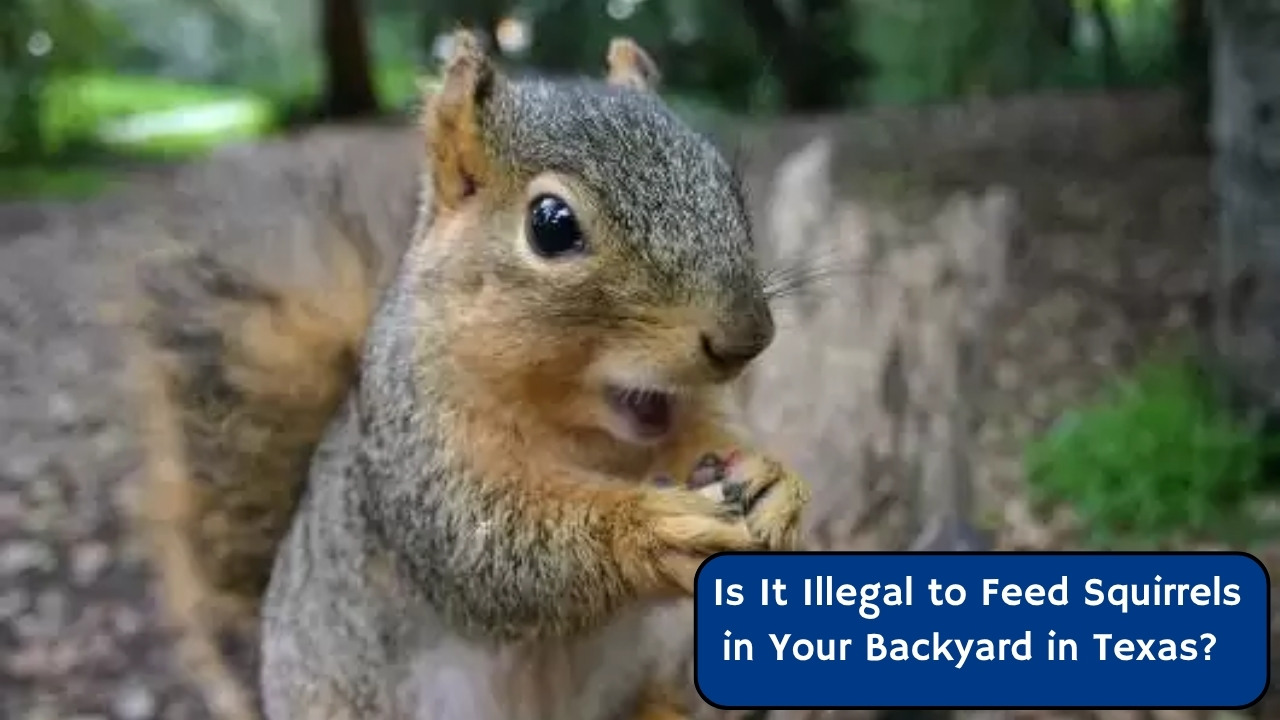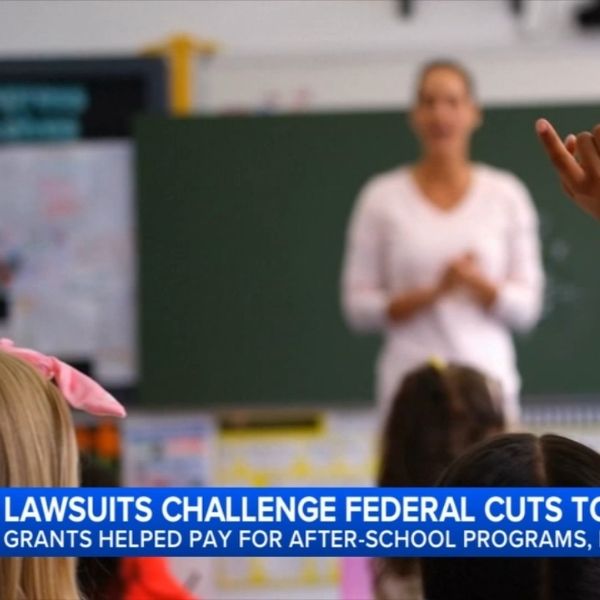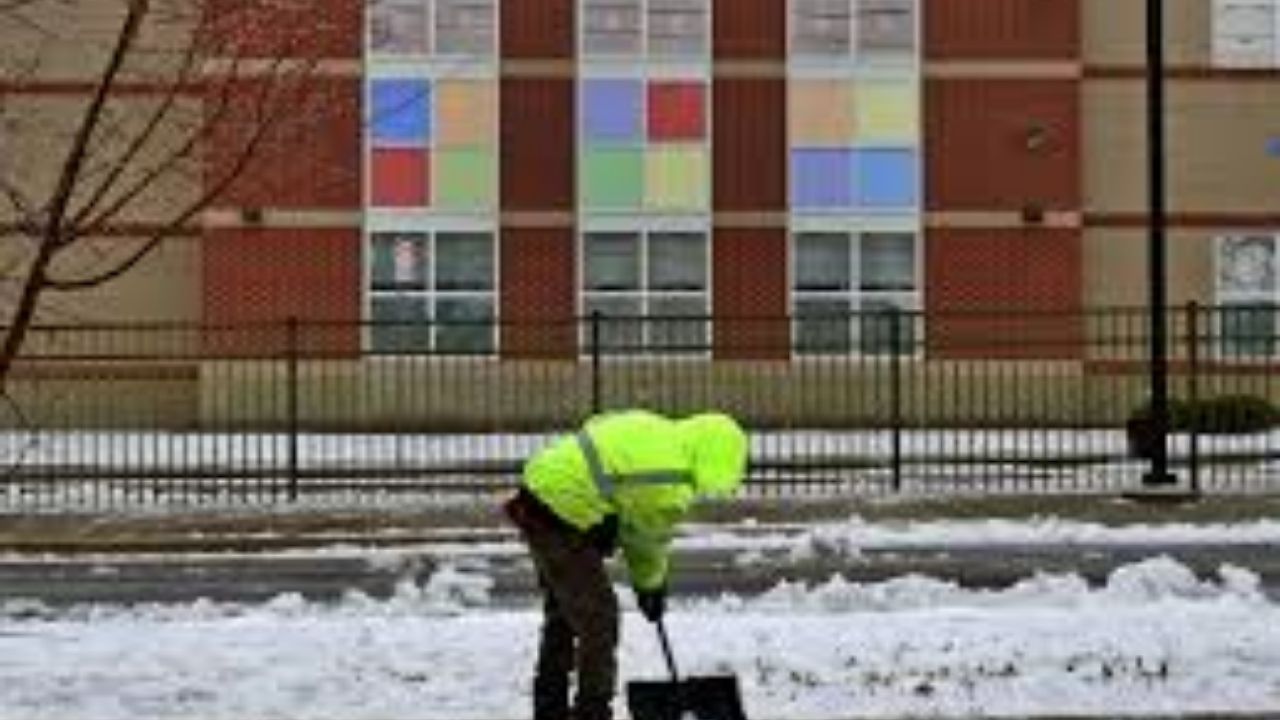It is generally not illegal under Texas state law to feed squirrels in a private backyard, but many Texas cities have local ordinances that prohibit feeding “wildlife,” which typically includes squirrels, and Texas state parks ban feeding wildlife outright. Always check city codes and homeowners’ association rules, because fines of up to $500 per violation are common in municipalities that restrict wildlife feeding.
Texas law basics
Texas does not have a statewide statute that broadly bans feeding backyard squirrels on private property; instead, Texas law delegates many wildlife-related nuisances to local governments and regulates feeding mainly in state parks and in specific wildlife contexts. The Texas State Law Library notes that regulation of wild and backyard animals often occurs at the city-ordinance level rather than through a single statewide rule.
Texas Parks & Wildlife Department guidance strongly advises against feeding wildlife and prohibits feeding in Texas state parks due to safety and ecological risks; this is enforced as a Class C misdemeanor with possible fines up to $500 in serious cases. The rule targets any feeding or unsecured food that attracts wildlife, with limited, park-approved exceptions for bird feeders.
City ordinances matter
Several Texas cities prohibit feeding wildlife within city limits, and definitions typically include squirrels along with deer, ducks, and raccoons; fines often range from about $75 to $500 per offense. New Braunfels, for example, bans placing food “on the ground or within reach” of wildlife on both public and private property and caps penalties at $500 per violation.
Other cities tailor restrictions differently, such as Mansfield’s prohibition on feeding wild, stray, or feral animals in various areas, or Georgetown’s specific deer-feeding ban with a presumption against placing feed less than five feet off the ground; these frameworks often catch squirrel-feeding when food is accessible to wildlife.
What counts as “feeding”
Municipal definitions of “feeding” usually include placing nuts, corn, grain, fruits, or commercial wildlife feed where wildlife can access it, whether intentionally or not; some ordinances allow bird feeders if set high enough to deter other animals. New Braunfels’ ordinance, for instance, bans feed like corn, nuts, and fruit for wildlife but exempts bird feeders at least five feet above ground and naturally fallen fruit.
Cities may also prohibit automated or gravity feeders, require setbacks from roadways, or limit hand feeding to reduce vehicle collisions and nuisance concentrations; Cottonwood Shores restricts feeding near roads, bans certain feeders, and allows only elevated bird feeders.
State parks vs. private yards
Feeding wildlife is expressly banned in all Texas state parks to prevent habituation, disease spread, and dangerous encounters; rangers emphasize education-first enforcement with citations for egregious violations. Private yards outside parks fall under city ordinances and neighborhood rules, not the statewide park rule.
Park officials cite human safety, habitat damage, and disease transmission as reasons for the ban, noting incidents with aggressive animals when fed; these risks drive similar local policies within city limits.
Health, safety, and nuisance risks
Officials warn that feeding wildlife concentrates animals, increases vehicle collisions, and can degrade water quality via fecal bacteria runoff during rains; New Braunfels specifically connects concentrated wildlife waste to pollution in local waterways. Cities report handling hundreds of road-killed deer annually, underscoring public-safety concerns tied to artificial feeding.
Feeding sites also attract raccoons, rodents, skunks, coyotes, and even cougars in some areas, compounding nuisance and safety issues; local briefings cite spikes in collisions, neighbor disputes, and potential disease risks like Chronic Wasting Disease in deer herds.
Allowed exceptions and best practices
Where legal, many cities still allow bird feeders if placed high enough to exclude wildlife like squirrels; the common threshold is five to six feet, and park managers sometimes permit feeders that exclude non-bird wildlife. Positioning and design that deny access to mammals can keep a setup compliant in jurisdictions with wildlife-feeding limits.
If a city permits backyard wildlife feeding, avoiding ground placement and securing all attractants reduces violations and nuisance; some ordinances permit hand feeding only away from roads and ban gravity/automated feeders entirely to limit concentrations.
Penalties and enforcement
Violations of city wildlife-feeding rules are typically Class C misdemeanors handled in municipal court, with warning-first approaches common and fines escalating to several hundred dollars for repeat offenses. New Braunfels codifies a warning for a first offense and fines between $75 and $500 thereafter, and similar penalty ranges appear in other Texas cities’ animal control codes.
In state parks, rangers can cite serious violators of the feeding ban, with fines up to $500, though education and warnings are emphasized unless safety or resource harm is apparent. The statewide park rule serves as a bright-line ban regardless of local city allowances.
Practical guidance for Texans
Check local ordinances by searching for “animal control” or “wildlife feeding” in a city code, because rules vary widely across Texas, from broad wildlife-feeding bans to deer-specific limits and feeder-height exceptions. The Texas State Law Library’s backyard and wild animal guides highlight that city ordinances govern many day-to-day questions about keeping or attracting animals within city limits.
If living near a Texas state park or planning to visit one, assume a strict no-feeding policy for wildlife, with only limited, park-approved bird-feeding exceptions; unsecured coolers and pet food can also trigger violations if they attract wildlife. Keeping distance and eliminating attractants aligns with park policy and reduces risks for people and animals.
Ethical and ecological considerations
Texas Parks & Wildlife emphasizes that feeding wildlife causes animals to lose fear of humans, elevating risks of bites or charges and altering natural foraging behaviors, which can degrade habitats and inflate populations unsustainably. These concerns underpin both the park-wide ban and many city ordinances that target artificial feeding in neighborhoods.
Local governments cite added impacts like garden damage, neighbor conflicts, and vehicle collisions, building the policy case for limits on backyard feeding of species such as squirrels and deer within city settings. Elevated bird-only feeders remain a common compromise where permitted.
Bottom line for backyard squirrels
On private property outside of state parks, Texas has no blanket statewide prohibition on feeding squirrels, but many Texas cities do prohibit feeding wildlife broadly, and violations can bring fines up to $500, especially for repeat offenses. Verifying a city’s animal and wildlife-feeding ordinances—and using only elevated, bird-specific feeders where allowed—is the safest way to avoid penalties.















Leave a Reply